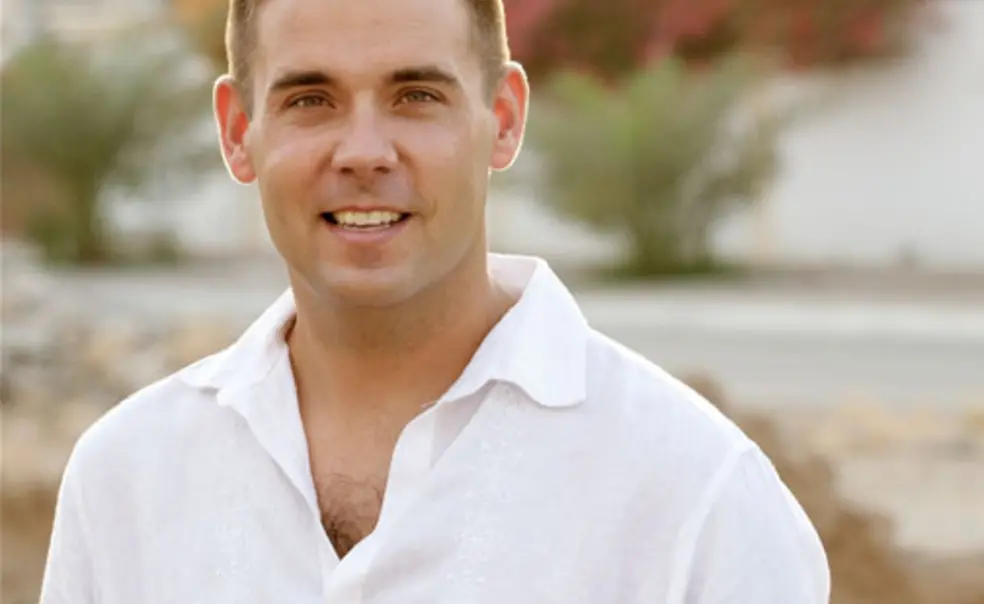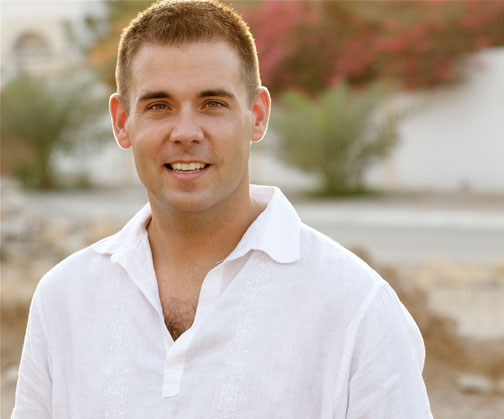Wartime incidents in Iraq inspire novel, master’s study for officer
Benjamin Buchholz GS spent a year during 2005–06 in the Iraqi village of Safwan as an Army civil-affairs officer with his Wisconsin National Guard unit. On his second day on the job, a young Iraqi girl was crushed by a semi-truck as she ran after a water bottle that one of the drivers had thrown out to children along the road. Buchholz, a captain at the time, arrived on the scene soon after the accident. The horror of that event and another that year — the bombing of an American convoy in which two soldiers died — stayed with him.
Buchholz, who arrived at Princeton last September to begin work on a master’s degree in Near Eastern studies while he is on active duty, drew on his wartime experiences to craft the novel One Hundred and One Nights, published by Back Bay Books in December.
In the book, he explores what life is like for people who have gone through three wars in the last 30 years and live with an American presence. The book asks what might lead someone to perpetrate a bombing. The Washington Post called One Hundred and One Nights “a seductive, compelling first novel that depicts war as intimate and subtle.”
The narrator of the novel is Abu Saheeh, an Iraqi native who had lived in the United States but recently has arrived in Safwan. He befriends Layla, a poor girl of about 13, who likes American popular culture and regularly stops by his shop as she roams the market area. Abu Saheeh, who seems to be running from a painful past, becomes involved in a mysterious plot.
Buchholz’s unit in Iraq was in charge of escorting American military-supply convoys from the border crossing with Kuwait to American bases throughout Iraq. As a civil-affairs officer, Buchholz tried to help the people deal with issues such as acquiring more electrical power and drinking water. But it took him so long to understand the governmental system and the culture in the village that by the time he felt he had some good ideas to improve the situation, his year was up.
Buchholz decided that he needed to further study Middle East culture and history and entered the Army Foreign Area Officer Program, which involves language study, cultural immersion and regional travel, and a master’s degree.
Even as he’s engaged in academic work, he’s working on another novel and writes a blog called Not Quite Right: Observations on Life in the Middle East and North Africa. “Writing helps me in no small way to process and internalize the things I’m learning about in school,” Buchholz said.
He aims to gain and share a better understanding of Middle East culture. “There’s a lack of understanding in America of [that] culture,” he said. “We get way too much through 20-second news blurbs and not enough that has the depth and richness that can let us see what life is like over there from somebody else’s perspective.”













No responses yet